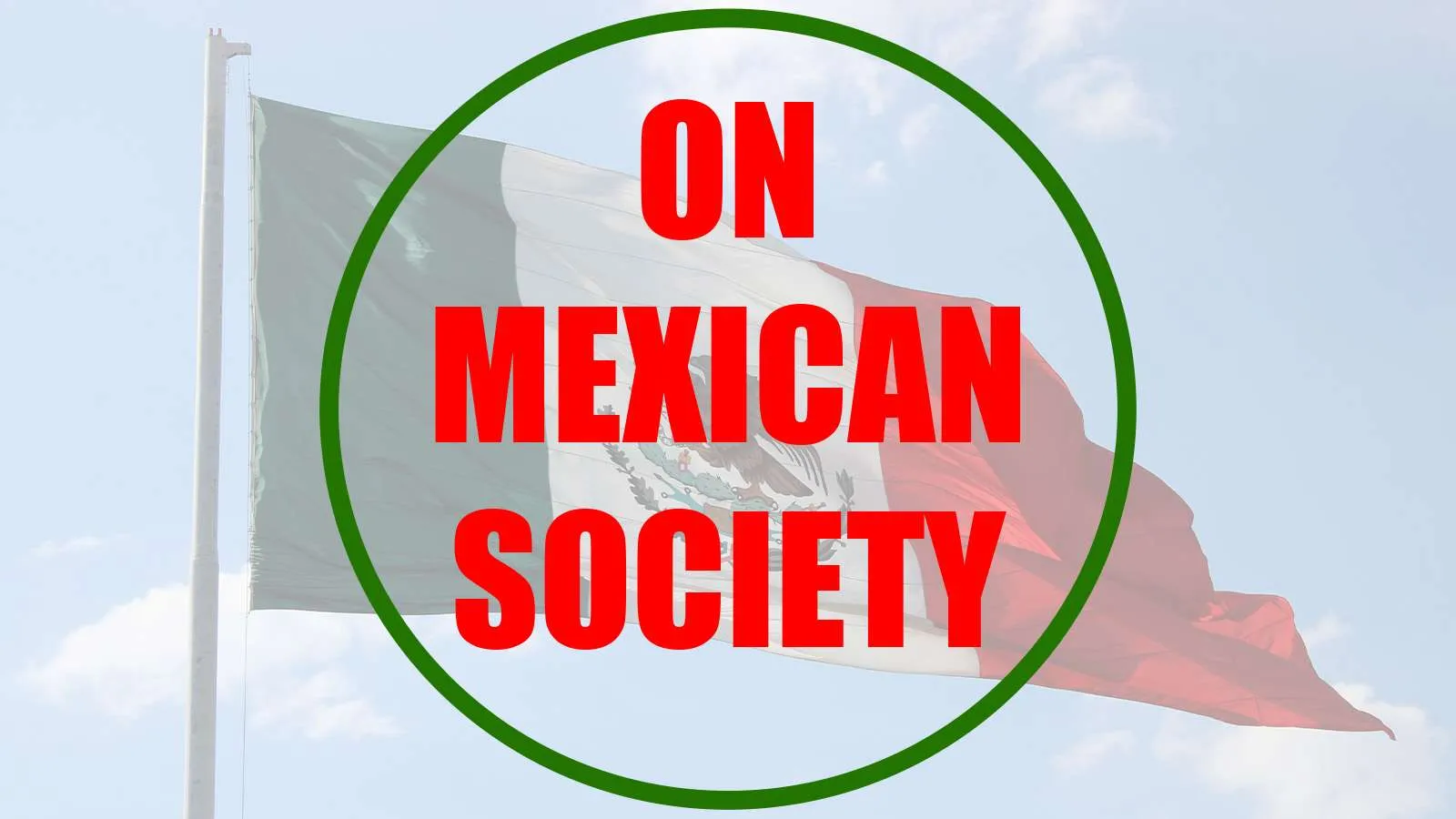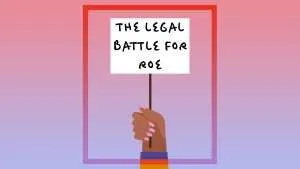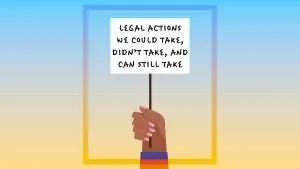Should government control Digital Media?
Since its inception, digital spaces have been known for being places that transcend borders and allow encounters between people and groups to freely exchange information. As such, a conversation about social media regulation continues in nations around the globe.
As the internet was incorporated into our daily lives to the point of being a basic tool in the communication processes of any person, discussions have emerged around the world about the importance of regulating digital spaces. The discussion focuses mainly on those companies and groups that handle and process the personal data of digital users.
In Mexico, a discussion recently occurred about this topic. It all started with an event that occurred in the United States:
On January 6 Trump accused again of electoral fraud and called sympathizers to manifest in the capitol. Companies such as Facebook and Twitter decided to temporarily suspend Trump’s digital accounts to avoid further episodes of violence.
The issue of social networks resurfaced on January 20 in another conference when information was shown that one of the Twitter executives in Mexico had ties to former president Felipe Calderón.
The following day Twitter suspended accounts that were highly likely to be bots through spam chains and trend manipulation within the interface.
This action affected some of the support networks of Morena, beginning an inconformity within the interface that days later was presented in the Senate of the Republic as a bill to regulate social networks in Mexico. The discussion of creating one or more social networks managed by the State was even opened.
This proposal lost momentum when the president expressed his rejection of the regulation of digital media. Noting that the media should regulate themselves.
Beyond entering an extensive discussion about the content of the proposal, the important thing is that as sociologists we reflect on the following: should we regulate digital social interaction? Who regulates it? What should we regulate?
As spaces for social interaction, digital interfaces have at least one set of implicit rules that guide social encounters within them. There are also terms and conditions on each platform, which define behaviors and conducts among users.
As if that were not enough, there are digital crimes that are punished and prosecuted through international organizations and national institutions.
The problem is the emergence of companies or groups that have full or broad control over the management of digital spaces and the information that circulates in them. A digital monopoly that enables a few to define the rules of interaction in digital spaces.
Giving those companies more influence over users would only strengthen the monopoly. Allowing the state to have its own networks only creates another monopoly that can be used to control public information and erode democracy.
We must allow the entry of more actors in the creation and management of digital spaces. Digital spaces have developed well over three decades through flexible regulations that favor the free flow of information. A rigid control in digital spaces undermines freedom of expression and access to information.







